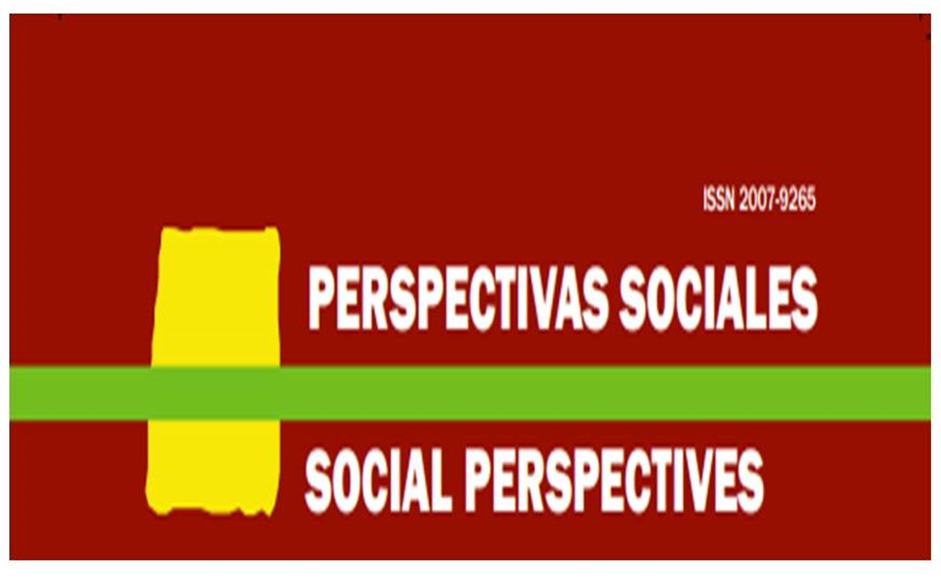Family identity in the era of Covid-19
Keywords:
Familiar identify, Familiar leadership, Transition to the leadership, Absence of leadershipAbstract
One settled down the validity and trustworthiness of a scale to measure the familiar identity around the member health of one of its patient. Three factors referred to the familiar leadership settled down, the transition to the leadership and the absence of
leadership. A model of multiple linear regression was elaborated to demonstrate the causal relation between the three factors on the regional identity. Finally, through another structural model the effect of other valuing, actitudinales, intentional and behavioral variables was inferred and discussed perceptual, not including in the model.
Downloads
References
Bayón, M., Roberts, B. y Saravi, G. (1998). Ciudadanía social y sector informal en América Latina. Perfiles Latinoamericanos. 13, 73-111
Bustos, J. M., López, S. & García, C. (2021). Modelling self-care in the Covid-19 era. European Journal of Investigation in Health Psychology & Education, 11 (1), 1-16
García, C. (2021). Modelamiento del compromiso laboral ante la Covid-19 en un hospital público del centro de México. Gaceta Médica Boliviana, 44 (1), 34-39
García, C., Quintero, M. L., Molina, M. R. (2021). Modelling reproductive choice in the Covid-19 era. International Journal of Environmental Research and Public Health, 19 (1), 1-5
González, L. M., Sánchez, A., Carreón, J., García, C., Espinoza, F. & Hernández, J. (2021). Discursive collaborative networks in a coffee growing town. Turkish On line Journal of Qualitative Inquiry, 12 (6), 4765-4771
González, M. (2005). El conflicto sociocognitivo como generador del cambio so cial. Iztapalapa. 59 15-28
Hernández, T. J., Carreón, J. & García, C. (2021). Factor structure of the determi nants of entrepreneurship in the of biosafety in the face of Covid-19. Academy of Strategic Management Journal, 20 (2), 1-8
Jiménez, G. (1997). Materiales para una teoría de las identidades sociales. Frontera Norte. 18, 9-28
Jiménez, G. (2007ª). Estudios sobre la cultura y las identidades sociales. México: Cenart Jiménez, G. (2007b). Formas de discriminación en el marco de la lucha por el reconocimiento social. En O. Gall ( oord..). Racismo, mestizaje y modernidad: visiones desde latitudes diversas. (pp. 37-61). México: UNAM
Martínez, E., Espinoza, F., Sánchez, A., Carreón, J. & García, C. (2021). Modelling the dimensions of the leadership in the literature from 2019 to 2021. Turkish Jour nal of Computer, Mathematics & Education, 12 (13), 5518-5526
Minujin, A. (1998). Vulnerabilidad y exclusión en América Latina. En E, Bostelo ( Coord..). Todos entran. Propuestas para sociedades incluyentes. (pp. 161-205). Bogota: UNICEF
Molina, M. R., Carreón, J. & García, C. (2021). Modelling of feminity and masculinity literature in the Covid-19 era. Journal of Legal, Ethica and Regulatory Issues, 25 (6), 1-13
Quintero, M. L., González, L. M., Carreón, J., Hernández, J., Sánchez, A., Espinoza, F., Garza, J. A., García, C. & Bermudez, G. (2021). Modelling perception entrepreneurship in the Covid-19 era. Academic of Strategic Management Journal, 4 (1), 1-18
Quiroz, C. Y. & García, C. (2021). Redes de formación profesional, gestión, admi nistración y emprendimiento del conocimiento. Estrategia Organizacional, 10 (1), 20-34

Downloads
Published
How to Cite
Issue
Section
License
Copyright (c) 2022 Cruz García Lirios

This work is licensed under a Creative Commons Attribution 4.0 International License.




